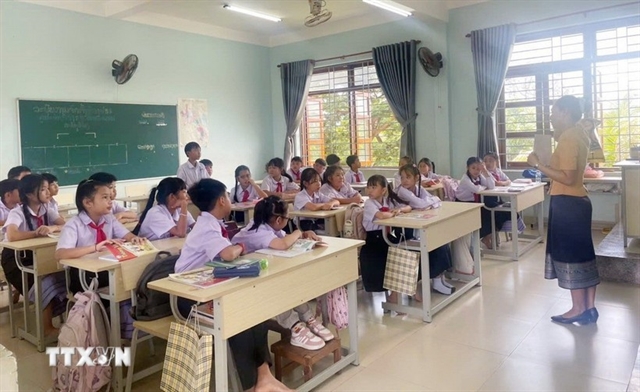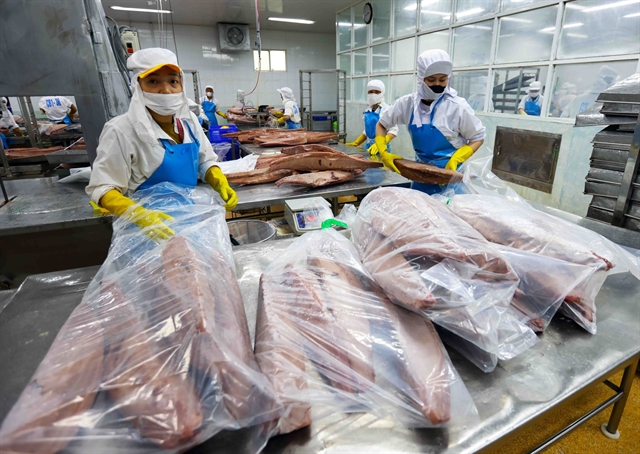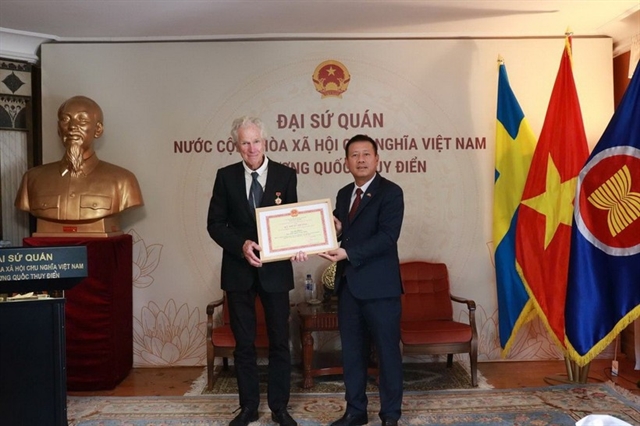 Economy
Economy

 |
| Tuna processed for export. Key export seafood products of Việt Nam, including tuna, will be affected by the US's decision to deny Việt Nam's equivalence to 12 fisheries. — VNA/VNS Photo Vũ Sinh |
HÀ NỘI — Việt Nam’s seafood industry is facing an unprecedent challenge as the US has declined to acknowledge Việt Nam’s equivalence to 12 seafood harvesting methods under the Marine Mammal Protection Act (MMPA) which can cause a loss of half a billion dollars in annual exports.
The US National Oceanic and Atmospheric Administration (NOAA) has informed Việt Nam’s Directorate of Fisheries on August 26 that imports from the affected fisheries will be banned from January 1, 2026.
The decision targets fishing methods including gillnetting, purse seining, trawling, and handlining deemed to pose high risks to dolphins, whales and other marine mammals.
The decision will affect key export products such as tuna, mackerel, lobster, crab, squid, grouper, swordfish, snapper, mullet, billfish and flounder, according to the Việt Nam Association of Seafood Exporters and Producers (VASEP).
This decision is rocking the seafood industry which could cost Việt Nam around $500 million a year, the association estimated.
Tuna will be the most to be affected because it is Việt Nam’s largest seafood export to the US with a revenue of $387 billion out of Việt Nam’s total tuna export of $1 billion last year.
This decision is not only threatening export revenues but also the livelihoods of thousands of fishermen and workers, VASEP said, warning that Việt Nam now faces a double disadvantage compared with competitors such as Thailand, India and Japan which receive acknowledgement of full equivalence, meaning full US market access.
Besides, the country’s dependence on imported raw materials for seafood processing, including tuna from Indonesia, the Philippines, Taiwan (China) and mainland China, could further worsen the situation as many of those suppliers also face restrictions to the US.
In response, VASEP called for urgent action from the Government, including hiring the consultants from the US to support in terms of technical issues, developing plans to cope with the US’s import ban, and working with NOAA to clarify timelines and seek transitional arrangements.
VASEP also urged exporters and processors to develop scenarios to adjust production following the markets.
In the long term, it is necessary to improve product quality, diversify markets and change fishing practices to ensure equivalence. — VNS




